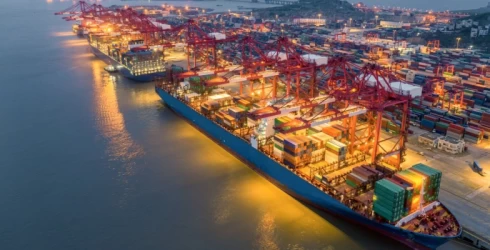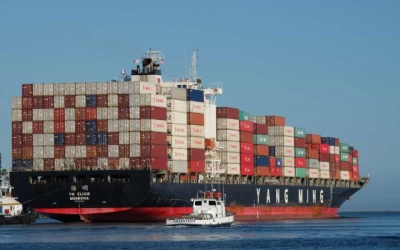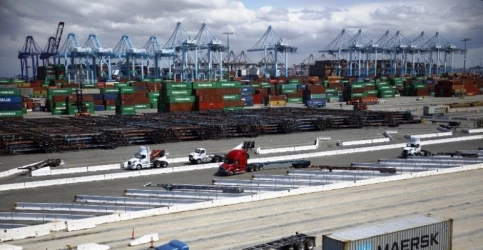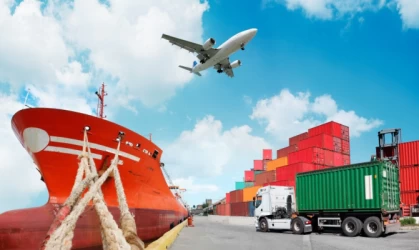Guide to Trade with Lebanon, Sea Transportation
Lebanon, strategically located on the eastern shore of the Mediterranean Sea, has a rich history of trade and commerce. Its ports serve as vital gateways for international trade, connecting the Middle East with Europe, Africa, and beyond. This guide provides an in-depth look at trading with Lebanon, focusing on sea transportation.
Key Ports in Lebanon
- Port of Beirut:
- Overview: The Port of Beirut is the largest and most significant port in Lebanon, handling approximately 70% of the country’s trade traffic. It has direct connections with 56 ports across three continents and collaborates with 300 other ports worldwide.
- Facilities: The port is equipped with modern facilities to handle various types of cargo, including containerized goods, bulk cargo, and general cargo.
- Challenges: The port was severely damaged in the August 2020 explosion, leading to significant reconstruction efforts.
- Port of Tripoli:
- Overview: Located in northern Lebanon, the Port of Tripoli has gained importance as an alternative to the Port of Beirut, especially after the 2020 explosion.
- Facilities: It is being developed to handle increased trade volumes and offers facilities for containerized and bulk cargo.
Major Shipping Routes
Lebanon’s strategic location makes it a hub for several major shipping routes. Key routes include:
- Beirut to Algeciras: Connecting Lebanon with Spain, facilitating trade with Europe.
- Tripoli to Yantian: Linking Lebanon with China, supporting trade with Asia.
- Beirut to Valencia: Another crucial route to Spain, enhancing trade with the European Union.
Import and Export Procedures
- Documentation:
- Bill of Lading: Essential for sea transportation, detailing the cargo and terms of shipment.
- Commercial Invoice: Provides details of the transaction between the exporter and importer.
- Certificate of Origin: Verifies the origin of the goods being shipped.
- Customs Declaration: Required for clearing goods through Lebanese customs.
- Customs Regulations:
- Tariffs and Duties: Lebanon imposes tariffs on various imported goods. It’s crucial to check the latest tariff rates and regulations.
- Prohibited Items: Certain items are prohibited or restricted from import. Ensure compliance with Lebanese regulations to avoid penalties.
Key Trade Partners
Lebanon has robust trade relationships with several countries. Key partners include:
- United Arab Emirates: A significant source of imports, including machinery, electronics, and food products.
- China: Major exporter of consumer goods, electronics, and machinery to Lebanon.
- European Union: Important trade partner for both imports and exports, with Spain and Germany being notable contributors.
Freight Forwarders and Logistics
Choosing the right freight forwarder is crucial for efficient logistics. Top freight forwarders in Lebanon offer comprehensive services, including:
- Customs Clearance: Ensuring smooth clearance of goods through customs.
- Warehousing: Providing storage solutions for various types of cargo.
- Transportation: Offering multimodal transportation options, including sea, air, and land transport.
Challenges and Opportunities
- Challenges:
- Political Instability: Lebanon’s political situation can impact trade and logistics operations.
- Infrastructure Damage: The 2020 explosion in Beirut caused significant damage to port infrastructure, affecting trade.
- Opportunities:
- Strategic Location: Lebanon’s position as a gateway to the Middle East offers immense trade potential.
- Reconstruction Efforts: Ongoing reconstruction of the Port of Beirut and development of the Port of Tripoli present opportunities for investment and growth.
Conclusion
Trading with Lebanon via sea transportation offers numerous opportunities, thanks to its strategic location and well-established ports. However, it’s essential to navigate the challenges and stay informed about the latest regulations and infrastructure developments. By leveraging the services of experienced freight forwarders and understanding key trade routes, businesses can successfully engage in international trade with Lebanon.
If you have any specific questions or need further details, feel free to ask!











